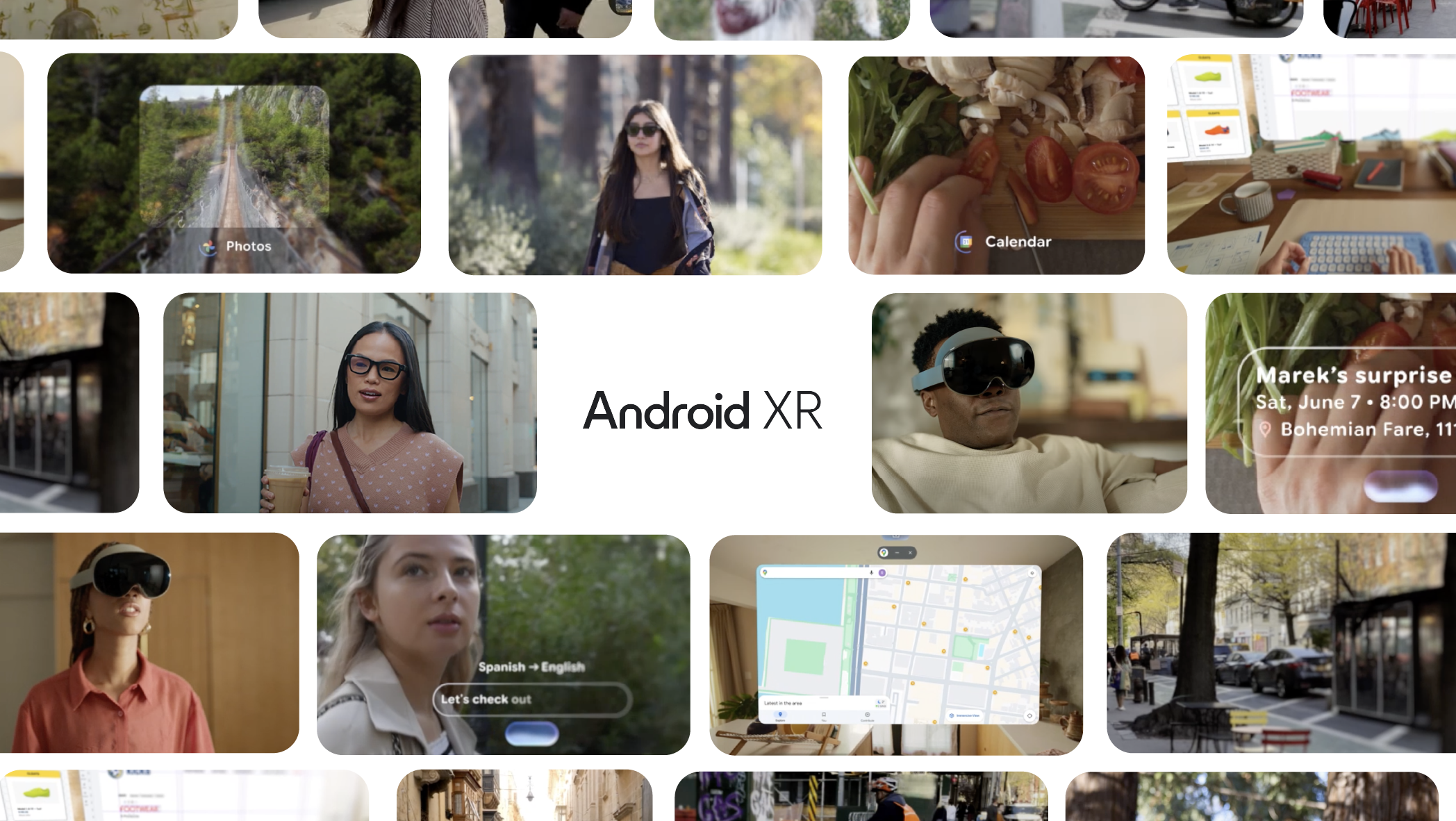Tech Radar
1M
312

Image Credit: Tech Radar
Google’s Android XR glasses look like its most exciting gadget in years – but the headset leaves me wanting more
- Google unveiled Android XR at Google I/O 2025, showcasing its AI-driven features for both AR glasses and mixed-reality headsets.
- The standout feature is Google Gemini, emphasizing an AI-centric approach for immersive experiences and real-time translations.
- Android XR headsets offer multitasking capabilities, like accessing YouTube and Google Maps, demonstrating a seamless user experience.
- The glasses provide hands-free controls, live translation, Google Maps recommendations, camera features, and more, similar to Meta's Ray-Ban glasses.
- While promising, the headset aspect of Android XR falls short compared to the competition, like Meta Quest 3.
- Google's partnerships with brands like Samsung, Xreal, Gentle Monster, and Warby Parker offer a variety of stylish hardware options for consumers.
- The diverse hardware choices could lead to competitive pricing and broader appeal, as fashion and utility play significant roles in smart glasses adoption.
- Google's approach with Android XR suggests a strong emphasis on style and functionality, paving the way for a more inclusive market.
- As Android XR evolves, more information on hardware specifics and demos will be crucial to understanding its full potential and impact in the market.
- Google's Android XR initiative has sparked curiosity and anticipation, setting the stage for a new era in augmented reality technology.
Read Full Article
18 Likes
For uninterrupted reading, download the app